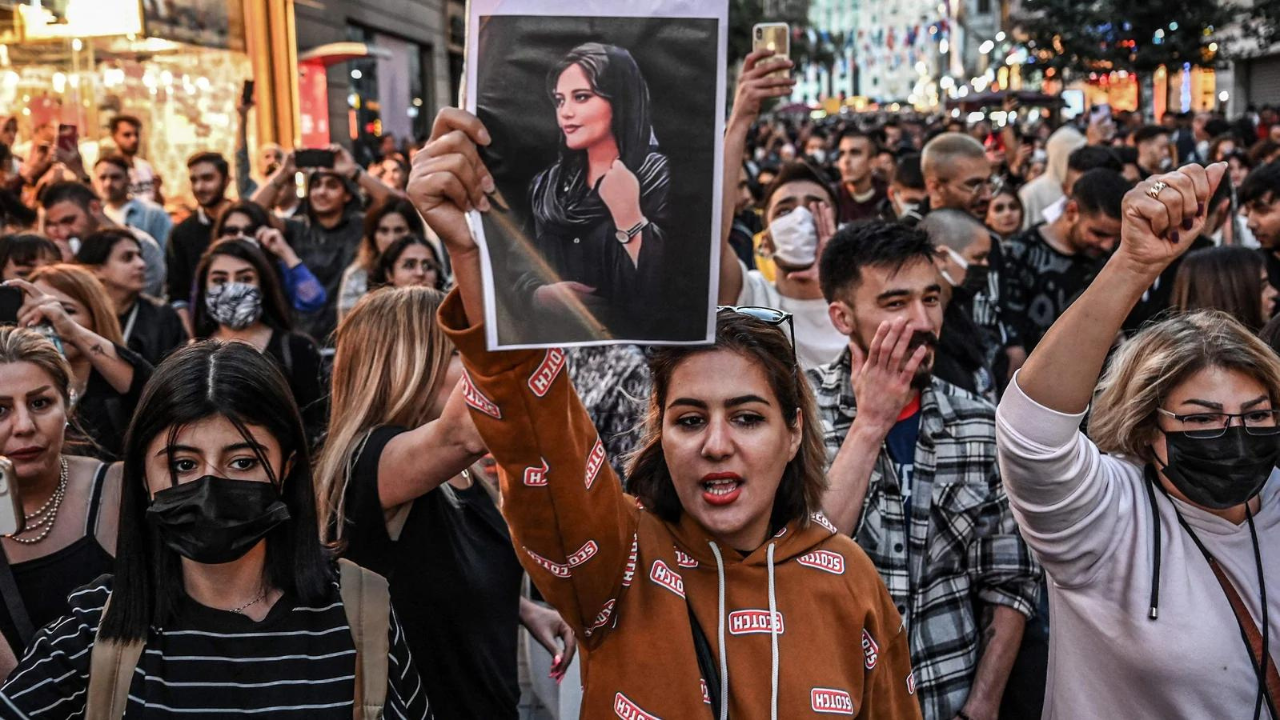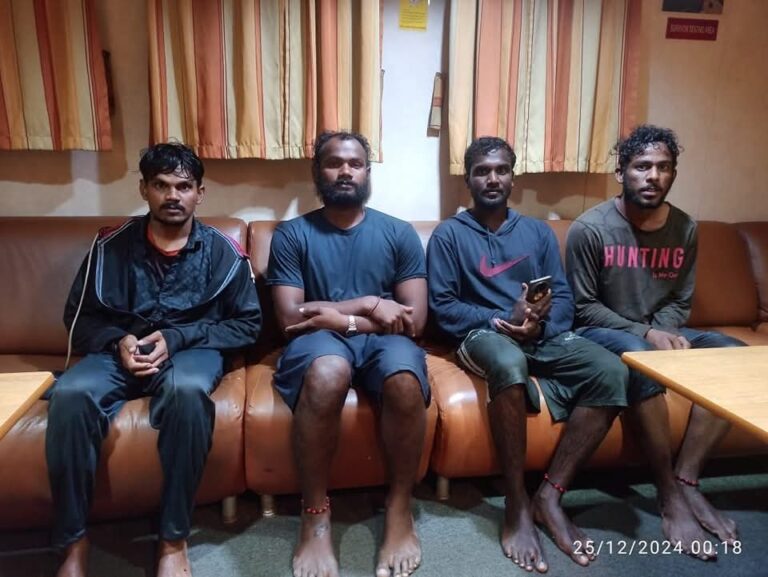Iran has scrapped its morality police after more than two months of protests triggered by the death of Mahsa Amini following her arrest for allegedly violating the country’s strict female dress code, an official said Sunday.
Women-led protests, labelled “riots” by the authorities, have swept Iran since the 22-year-old Iranian of Kurdish origin died on September 16, three days after her arrest by the morality police in Tehran.
Demonstrators have burned their mandatory hijab head coverings and shouted anti-government slogans, and a growing number of women have refrained from wearing the hijab, particularly in parts of Tehran.
“Morality police have nothing to do with the judiciary and have been abolished,” Attorney General Mohammad Jafar Montazeri was quoted as saying by the ISNA news agency.
His comment came at a religious conference where he responded to a question on “why the morality police were being shut down”, the report said.
The move represents a rare concession to the protest movement, and authorities have also acknowledged the demoralising effect of an economic crisis spurred by US sanctions.
“The best way to confront the riots is to… pay attention to people’s real demands,” said the parliament praesidium council spokesman Seyyed Nezamoldin Mousavi, referencing “livelihoods and the economy”.
– ‘Culture of modesty’ –
The news was treated with scepticism by some Iranians on social media, including those who expressed fears its role would be taken over by another unit, as well as others pointing out that intense social pressure remained at home.
Since the 1979 Islamic Revolution that overthrew Iran’s US-backed monarchy, authorities have monitored adherence to the strict dress code for women and men.
But under hardline president Mahmoud Ahmadinejad, the morality police — known formally as the Gasht-e Ershad or “Guidance Patrol” — was established to “spread the culture of modesty and hijab”.
The units were set up by Iran’s Supreme Council of the Cultural Revolution, which is today headed by President Ebrahim Raisi.
They began their patrols in 2006 to enforce the dress code which also requires women to wear long clothes and forbids shorts, ripped jeans and other clothes deemed immodest.
The announcement of the units’ abolition came a day after Montazeri said “both parliament and the judiciary are working” on the issue of whether the law requiring women to cover their heads needs to be changed.
Raisi said in televised comments Saturday that Iran’s republican and Islamic foundations were constitutionally entrenched “but there are methods of implementing the constitution that can be flexible”.
















